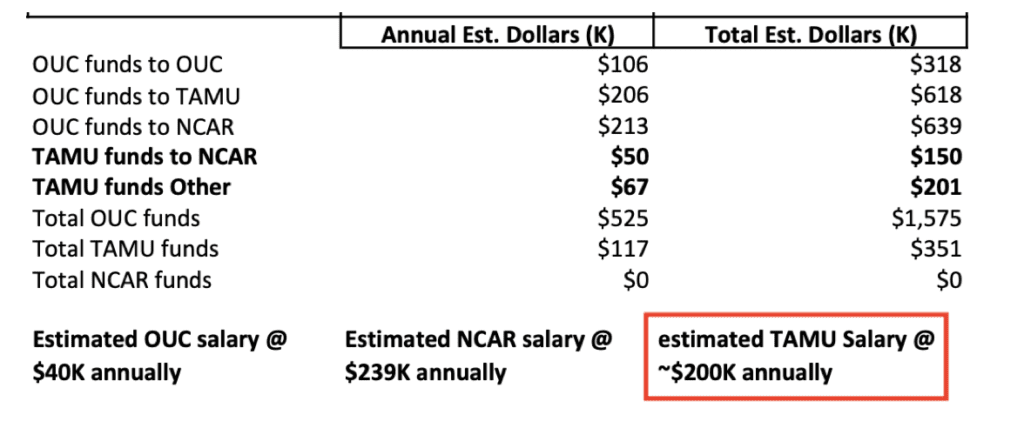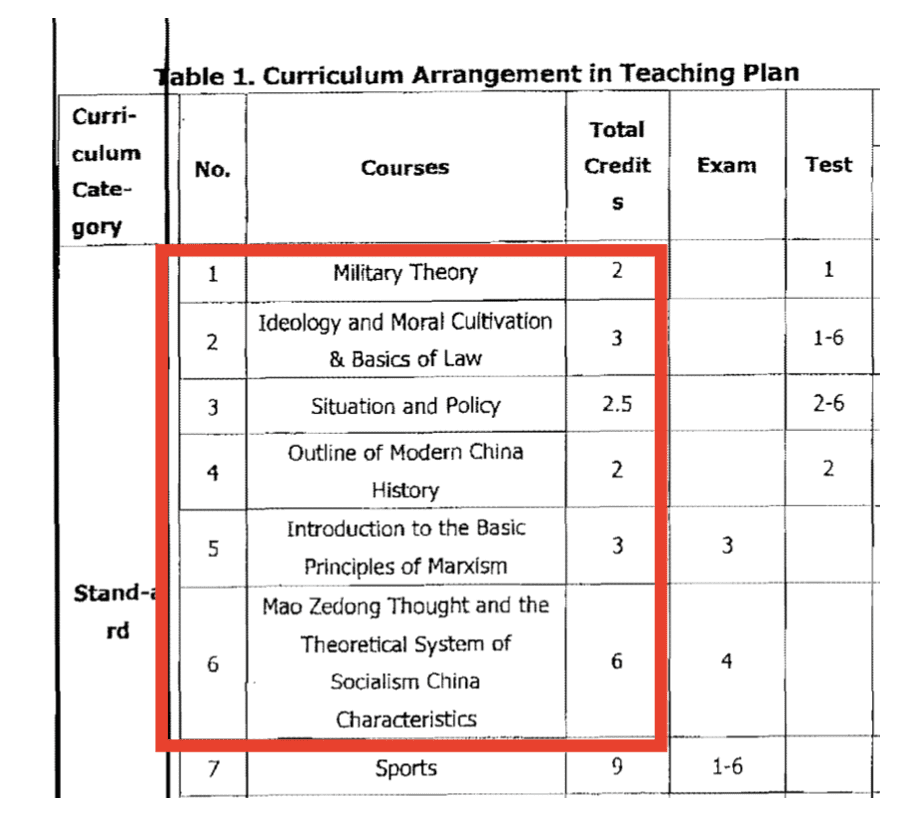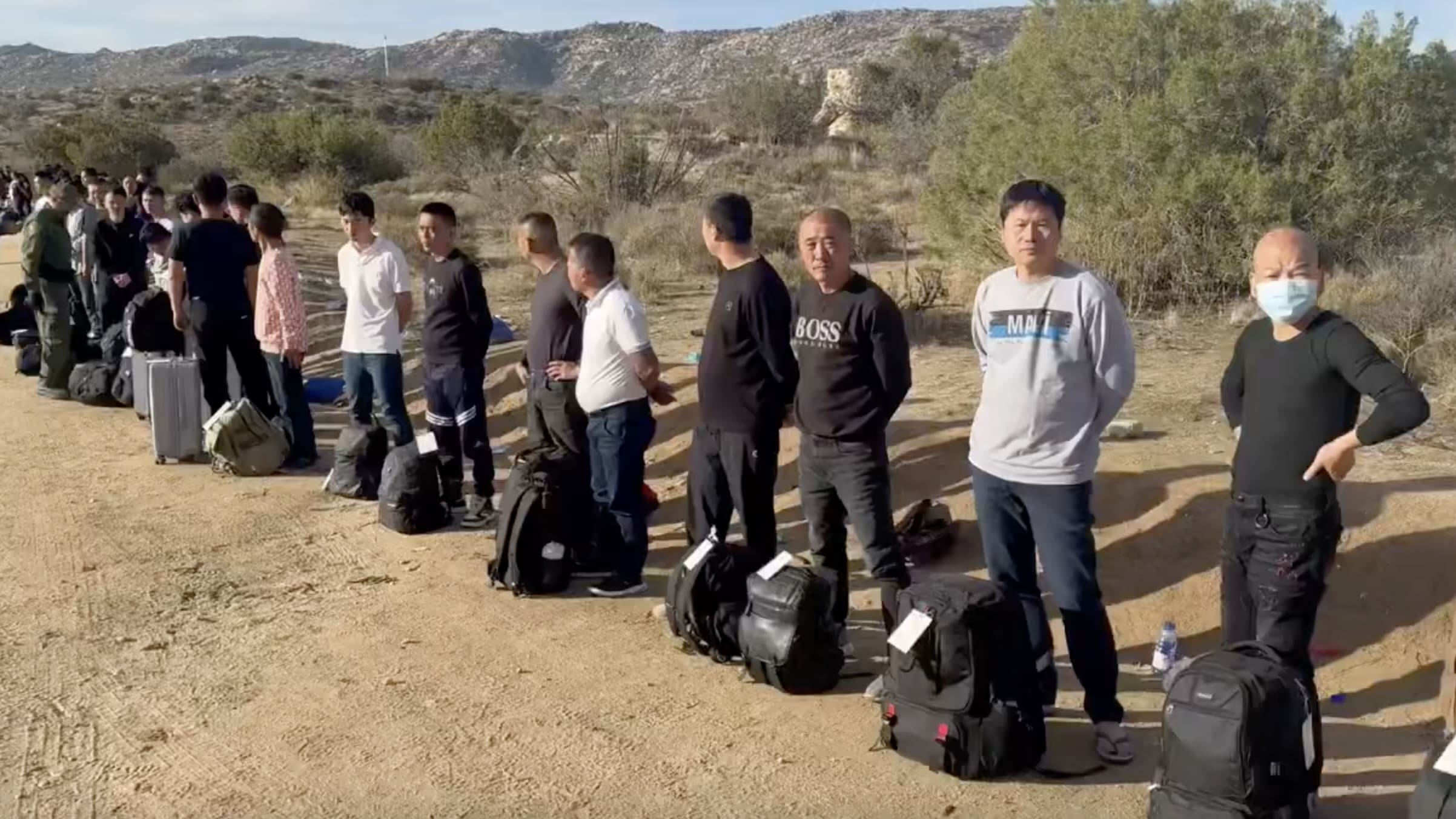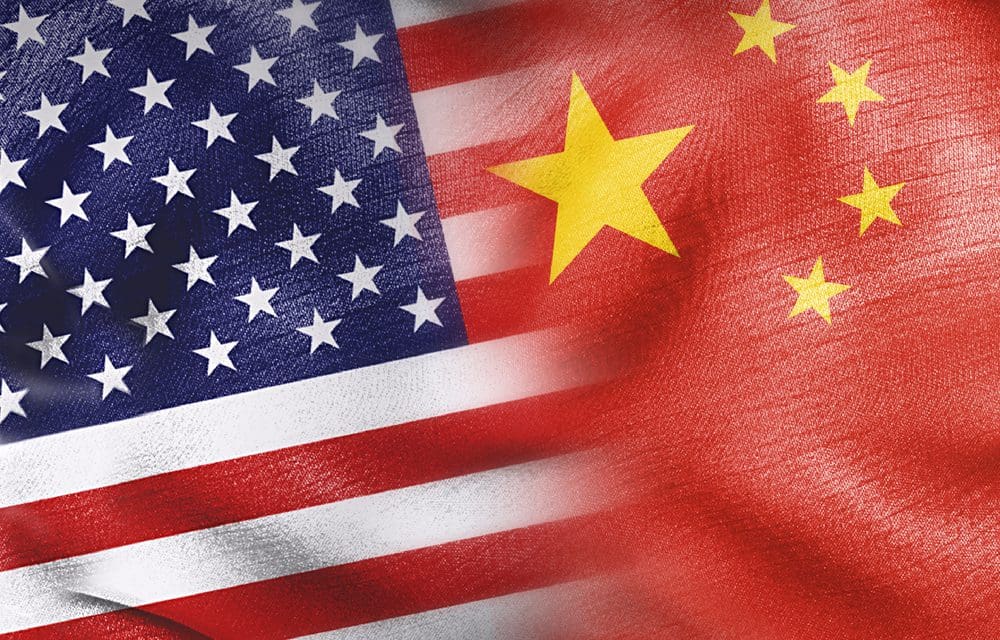Bias, indoctrination, and hostility toward self-governance present in the state’s education system has shocked and outraged Texans, resulting in demands for their public servants to act at local and state levels. As Texas Scorecard has illuminated throughout this investigative series, however, multiple infiltrations by the Chinese Communist Party (CCP) wielding these same threats are also present in the state’s education apparatus.
As we previously reported, Confucius Institutes (CI) are the Trojan horse that facilitates this infiltration, all done under the guise of exporting language and culture.
While CI contracts have come and gone, some things remain—namely, the relationships between Texas universities and their Chinese counterparts. Many universities have transitioned their Confucius Institutes into Chinese Institutes, which are merely variations of the original minus the direct funding from the Chinese government.
Many school districts have forged new networks of Confucius Classrooms via organizations that do not shy away from doing business with the CCP, the International Leadership of Texas Global being one of them. However, this next decade may be defined by a new kind of agreement between Texas and Chinese universities—one not directly orchestrated by the CCP, but still just a stone’s throw away from its all-encompassing reach.
Memorandum of Understanding
When universities sign contracts agreeing to collaborate on research, conduct faculty and student exchanges, or work together on any other joint project, these are commonly referred to as MOUs or MOAs: Memorandum of Understanding or Memorandum of Agreement.
These contracts are fairly common. Trouble only begins when the other party shows a lack of trustworthiness.
When that party is the Chinese Communist Party, or a Chinese university that is beholden to the CCP, alarms sound.
Several Texas universities have such agreements. Most of the time, the other party is their Chinese partner from their Confucius Institute. Some of them, like the University of Texas at San Antonio (UTSA), had agreements with their partner universities long before they founded their Institutes. Others started their agreements contemporaneously with their Institutes, and others are seeking to sign agreements after their Institutes have shut down.
Texas Scorecard requested records of such agreements from all universities that had active Confucius Institutes at one point or another. Records from many of those universities, including Prairie View A&M University and the University of Texas at Dallas, are still forthcoming. But we were able to obtain some of these agreements via the results of open records requests filed by the National Association of Scholars. As the following summary will show, they were quite revealing.
University of North Texas (UNT)
Evidence of homegrown bias, indoctrination, and hostility toward self-governance have been spouting from the Denton-based institution for some time.
As our investigation continued, we discovered the CCP’s presence at UNT too, through UNT’s agreements with Chinese universities.
Although a Confucius Institute was never established at UNT, it has had 46 agreements with Chinese universities since 2018, nine being MOAs.
Thirteen of these universities were flagged by the Australian Strategic Policy Institute as security risks.
The most concerning agreement of all is with China’s Northwestern Polytechnical University (NWPU), which is labeled as a high-risk university with top secret security credentials.
The reason for this categorization is likely its status as one of China’s Seven Sons of National Defense, under the supervision of the Ministry of Industry and Information Technology. It is heavily involved in defense research relating to various kinds of engineering and “known for its development of unmanned aerial vehicles (UAVs),” which it produces through a subsidiary company and sells to the Chinese military. In fact, “the Chinese military is the company’s largest customer and the company once claimed to produce 90% of China’s drones.” Furthermore, in 2018, the U.S. Department of Justice charged a Chinese national with illegally exporting components of anti-submarine warfare to the university, a crime to which he pleaded guilty in 2021.
What makes this agreement especially troubling is the fact that one of the areas of collaboration between UNT and NWPU is materials engineering. This agreement allegedly ended in 2020, but whether it was renewed is unknown at this time. Texas Scorecard has requested all records pertaining to these foreign agreements, but they were not released prior to publication.
Other universities with whom UNT has signed agreements are marked as medium-risk institutions.
These include China University of Geosciences, Donghua University, Hangzhou Normal University, Hefei University of Technology, Nanjing Tech University, Nanjing University, and Xi’an University of Posts and Telecommunications. These universities have varying degrees of involvement in defense research, with some hosting laboratories that produce military equipment and surveillance technology. Some also have agreements with the State Administration for Science, Technology and Industry for National Defense (SASTIND), the Ministry of Public Security, and other Chinese government ministries.
Some of UNT’s Chinese partners are listed as low security risks. These include Beijing Normal University, Chongqing University of Posts and Telecommunications, East China Normal University, Kunming University of Science and Technology, and Yunnan University.
However, this does not mean that they do not pose a risk. All of these universities have either confidential or secret security credentials, and all are overseen by a Chinese government ministry (either the Ministry of Education or the Ministry of Industry and Information Technology). Several of them are members of the Ministry of Education’s Double First Class University Plan and are also involved in military-civil fusion research projects.
There’s more.
Texas A&M University
Texas A&M is one of the most active universities when it comes to MOUs, and has had agreements with its Chinese partner, Ocean University, dating back to 2006. At that time, a five year MOU was signed, allowing the universities to collaborate on geoscience research and conduct faculty and student exchanges. In 2011, after the term of the first agreement expired, another MOU was signed for the same purposes. Around this time, the possibility of launching a joint Ph.D. program with Ocean University was proposed, but this idea was ultimately rejected because not enough students were interested in studying at Ocean, per email communications between TAMU and the Southern Association of Colleges and Schools.
In 2016, TAMU signed a Technical Service Contract with Ocean to conduct ocean and climate research. According to section 6.4.4 of the agreement, Ocean pledged to pay TAMU a total of $1,257,000 over the course of three years, in installments of $419,000. In return, TAMU would pay Ocean $350,000. When all was said and done, the estimated annual salary for TAMU was $200,000 each year. Another organization involved in the deal was the National Center for Atmospheric Research (NCAR).

In 2017, TAMU signed another agreement, this time with the Qingdao National Laboratory for Marine Science and Technology (QNLM) and the NCAR. According to the Australian Strategic Policy Institute database, this laboratory is governed by none other than Ocean University, alongside China’s Ministry of Science and Technology, Ministry of Finance, and Ministry of Natural Resources, just to name a few.
Furthermore, it was widely reported recently that many administration officials at the lab also hold positions at Ocean: “Lixin Wu, director of the lab, is also vice president of Ocean. Kehou Pan, a biology professor at the university, sits on the lab’s steering committee.”
The purpose of the collaboration was the development of an “international laboratory for high resolution earth system prediction (iHESP).” The agreement was five years in length. According to its terms, QNLM will provide TAMU with $2,000,000 each year for the iHESP, and TAMU will contribute $2,000,000 annually to the project as well. This agreement was apparently cut short in 2022, when the lab defaulted on its contract. However, in the same recent report, a spokesperson for the university said that “the project would have been spiked anyway for security reasons.”
Whether Texas A&M has any current or pending agreements with any other Chinese university remains to be seen. Texas Scorecard has requested records to confirm whether any such documents exist, but that request is still pending. What is clear, based on previously reviewed communications after the closure of the Confucius Institute at TAMU, is that the university apparently intends to continue working with their Chinese partner in the future.
Texas Southern University
Another university which has been accumulating numerous CCP connections in recent years is Texas Southern University (TSU).
Records obtained via the NAS database of responsive documents reveal that, in 2012, TSU signed an MOA with their Confucius Institute partner, Beijing Jiaotong University. According to the agreement, another such contract had been signed by the parties in 2005, which was valid for three years. Like many of the other agreements, this contract allowed for research collaboration and faculty and student exchange between the universities. This relationship existed for three years until at least 2015.
Whether this agreement was extended is unknown. Texas Scorecard requested documents confirming the current status of this agreement, but those documents were not received prior to publication.
TSU also signed an agreement with the Shandong Academy of Sciences at Qilu University of Technology (QUT) in 2018, lasting three years unless renewed. The agreement provided for collaborative research, joint publications, and student exchange programs. Texas Scorecard has not been able to confirm whether this was renewed.
QUT may specialize in pharmaceutical studies, but as the following records show, they are also a conduit of the CCP’s political influence.
The governing philosophy of Qilu University of Technology, like many other CCP adjacent universities, is quite troubling and opposed to self-governance. According to the University Constitution, as translated by Google, “The purpose of running a school is to adhere to the socialist direction of running a school, fully implement the educational policy of the party and the state, and cultivate high-quality applied talents with innovative spirit and practical ability.”
The Party Committee, which runs QUT, is responsible for:
“fully implement[ing] the Party’s line, principles and policies, implement[ing] the party’s education policy, adher[ing] to the socialist direction of running a school… cultivat[ing]… reliable successors of the cause of socialism… leading the school’s ideological and political work and moral education work, [and] insisting on arming the minds of teachers and students with the theoretical system of socialism…”
The Party Committee itself is “guided by Marxism-Leninism, Mao Zedong Thought, Deng Xiaoping Theory” and ardently follows the teachings of General Secretary Xi Jinping.
This is not the only agreement which TSU has made in recent years with universities which have strong ties to the Chinese Communist Party.
In 2014, TSU signed an agreement with Qiqihar Medical University (QMU) to establish a program whereby students from the United States can study pharmaceutical medicine and obtain a diploma from QMU. The agreement was obtained from the NAS open records database and is valid for eleven years, meaning it may still be active today.
However, the course load includes more than just science classes. Apparently, this pharmaceutical sciences degree comes with a side of political indoctrination.
According to the degree plan, there are several core classes which students must take, including Military Theory, Ideology, Modern Chinese History, Introduction to the Basic Principles of Marxism, and Mao Zedong Thought and the Theoretical System of Socialism China Characteristics.

Furthermore, many of the textbooks used in these classes are published by People’s Medical Publishing House, which is affiliated with the National Health and Family Planning Commission of the Chinese government. As a university, QMU is rated by the Ministry of Health and the Ministry of Education, and has been named a “National Civilized Unit.” As was previously addressed, this is a concept created by the Chinese Communist Party to advocate for socialist ideological development in urban areas in China.
Texas Scorecard requested records of any other agreements with Chinese universities from the University of Texas at Dallas, University of Texas at San Antonio, and Prairie View A&M, but those records were not released prior to publication.
University of Texas at Austin
Another Texas university with interesting ties to the Chinese government and its affiliates is the University of Texas at Austin.
According to the U.S. Department of Education’s database of foreign gifts and contracts, from 2012 to the present day, UT Austin received contracts and gifts from the Chinese government to the tune of $6.3 million. Most of these funds were funneled through state-owned petroleum companies, along with other state-controlled companies like Huawei.
UT Austin also received four gifts from China’s Ministry of Education from 2012-2015, amounting to a total of $140,000.
Texas Scorecard has requested records containing the details of these transactions, but that request is still pending.
Conclusion
Despite closures of Confucius Institutes and heightened awareness of the Chinese Communist Party’s desire to influence every aspect of American life, especially higher education, now is not the time to relax.
Now more than ever, Texans must be vigilant as the CCP begins to shape shift and cover its tracks. Florida has already taken strong action to repel this infiltration into their own state. Texas must identify and expose organizations, universities, and schools with ties to institutions which the CCP uses to infiltrate and threaten self-governance.





